
Ending Plastic Pollution – A Call to Action
Canada has committed to ending plastic waste by 2030i. Reaching this goal will require ambitious actions that address the full life cycle of plastic.
Canada is a major—and growing—producer of plastics and the world’s second highest user of plastic on a per person basisii. Production, use and disposal of plastics is an increasing contributor to climate changeiii and habitat degradation. It also imposes disproportionate harm on those living next to production and disposal facilities, often low-income and Black, Indigenous and People of Colour communitiesiv.
We, the undersigned, therefore call on the Government of Canada to commit immediately to implement the following actions on an urgent basis:
- Use the Canadian Environmental Protection Act to eliminate single-use and harmful plastic:
- Phase out all unnecessary disposable plastics.
- Ensure regulations of plastics apply to production, sale, distribution, use, import and export.
- Require that new plastic products include a significant amount of post-consumer mechanically-recycled content.
- Set high Canada-wide recycling targets, including a requirement to refill or recycle 90 per cent of beverage containers.
- Eliminate the use of harmful additives in plastic, including PFAS, phthalates, bisphenols, brominated flame retardants, and heavy metals.
- Accelerate the necessary shift to reuse:
- Set an ambitious target for reuse-refill of packaging manufactured, sold or distributed in Canada.
- Establish a tax on single-use products and packaging.
- Lead by example: use federal procurement to prioritize reuse and refill.
- Make reuse and refill a priority in all regulatory, financial and policy measures.
- Ensure Canadians have the ability to repair their devices and appliances to keep durable plastics in use.
- Advance a just transition to a fossil-free, zero waste economy:
- Set reduction targets for petrochemical and plastic production.
- Eliminate subsidies for fossil fuels, petrochemicals and plastics.
- Reject false solutions, including: waste-to-energy, waste-to-fuel and other so-called advanced/chemical recycling technologies; and material substitutions, such as so-called “biodegradable” products and packaging.
- Invest in a just transition for plastics and petrochemical workers.
- Ensure transparency and accountability:
- Immediately begin collecting and publicly releasing annual Canada-wide data on production, import, export, sale, reuse, recycling and disposal of plastic by type and use.
- Track and control plastic additives to support the elimination of harmful additives and to ensure safe reuse and recycling.
- Be a leader in the global effort to address plastic pollution:
- Demonstrate international leadership by championing a legally-binding global treaty to prevent and remediate plastic pollution at all phases of its life cycle.
- Ensure Canadian plastic waste is not illegally dumped in Global South countries, including through the immediate introduction of stricter controls on shipments from Canada to the US.
- Strictly control plastic waste imports and exports, including shipments between Canada and the United States, to ensure they are destined for environmentally-sound recycling and not to be used as fuel.
- Take remedial action against plastics already accumulated in the environment.
Signatories:
![]()
![]()


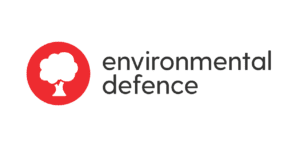
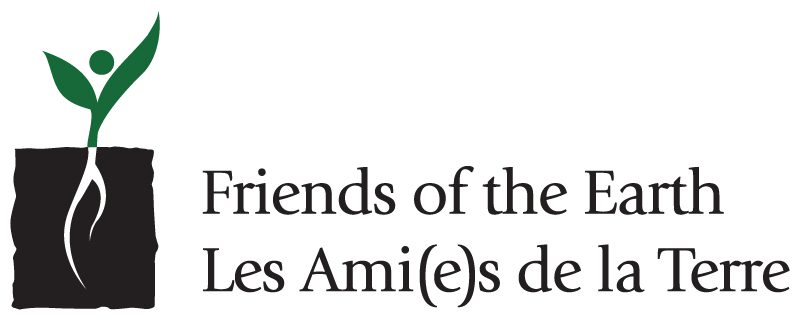




![]()

![]()

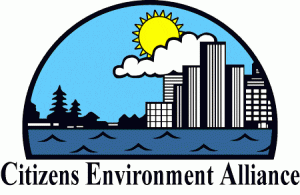
![]()
![]()
![]()
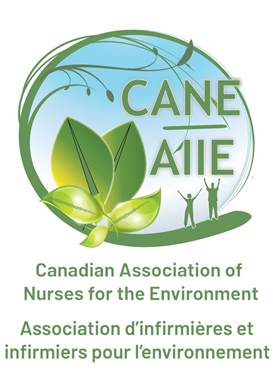
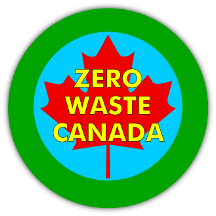
![]()
![]()
![]()
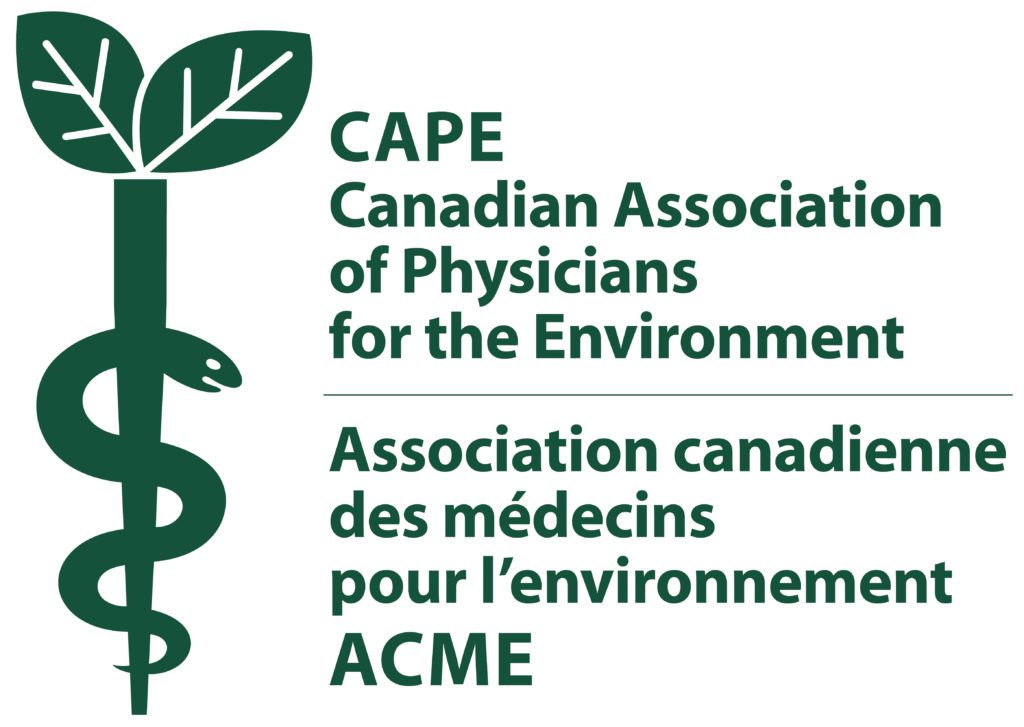
![]()


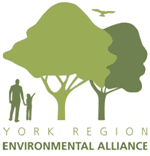

![]()
![]()
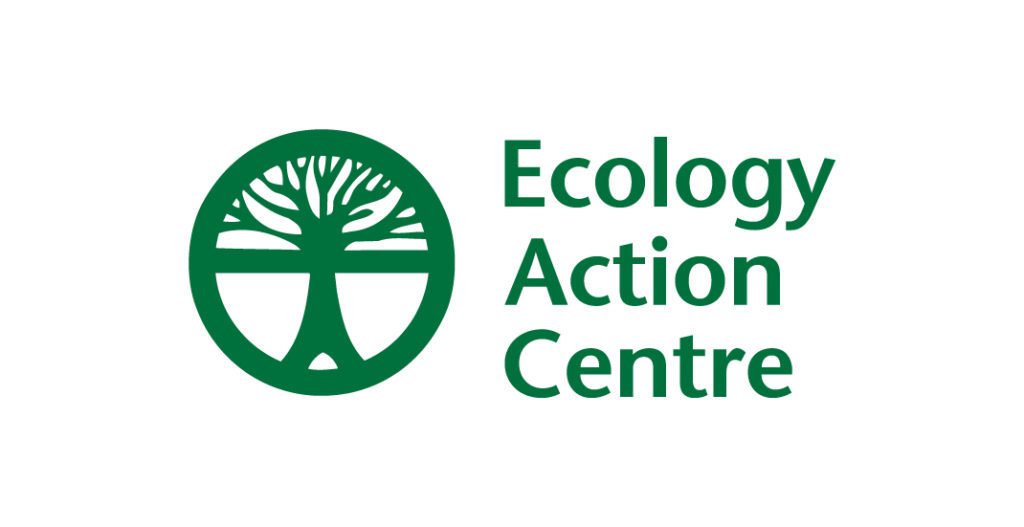

![]()

![]()
![]()
![]()
![]()

![]()
![]()
![]()
![]()
![]()
![]()
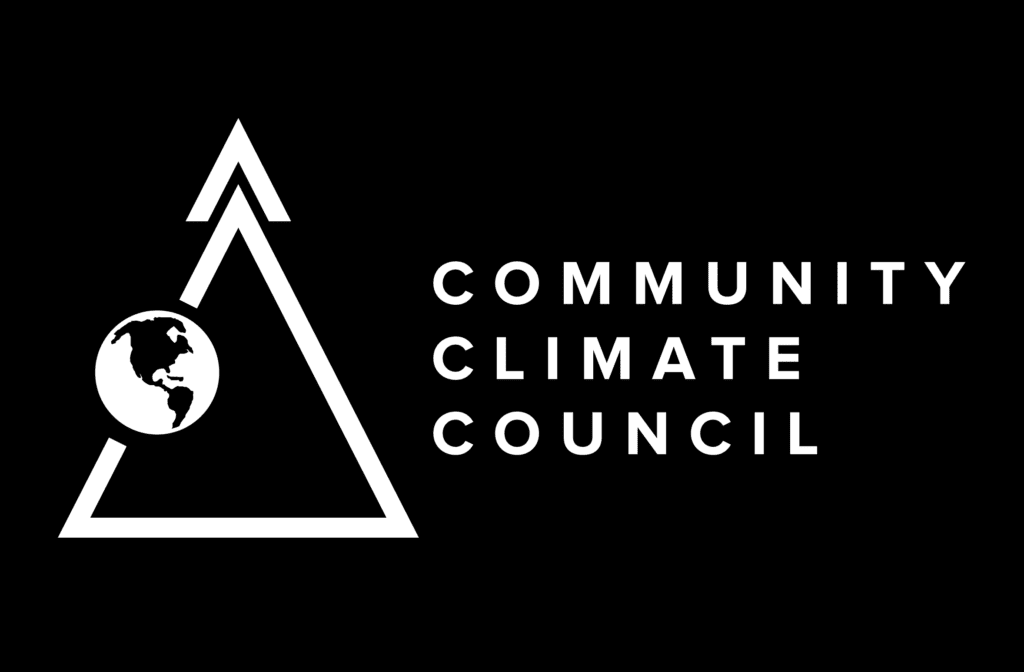
![]()
![]()




![]()

![]()
ii See The International Energy Agency: https://www.iea.org/data-and-statistics/charts/per-capita-demand-for-major-plastics-in-selected-countries-in-2015
iii See CIEL, Plastic and Climate: the hidden cost of a plastic planet, 2019, available at https://www.ciel.org/plasticandclimate/
iv See the July 2021 report of the UN Special Rapporteur on the implications for human rights of the environmentally sound management and disposal of hazardous substances and wastes, which focuses on the life cycle of plastics: https://undocs.org/A/76/207

